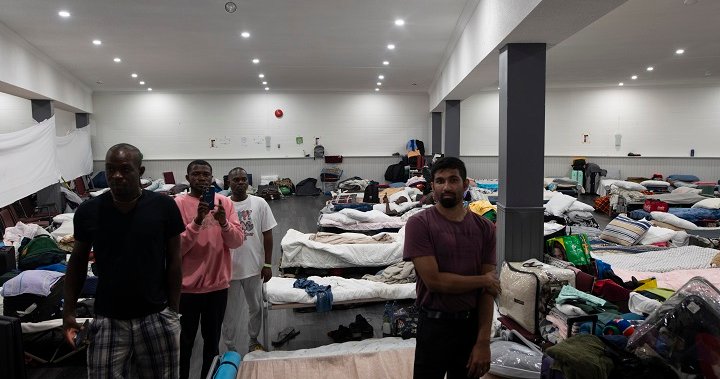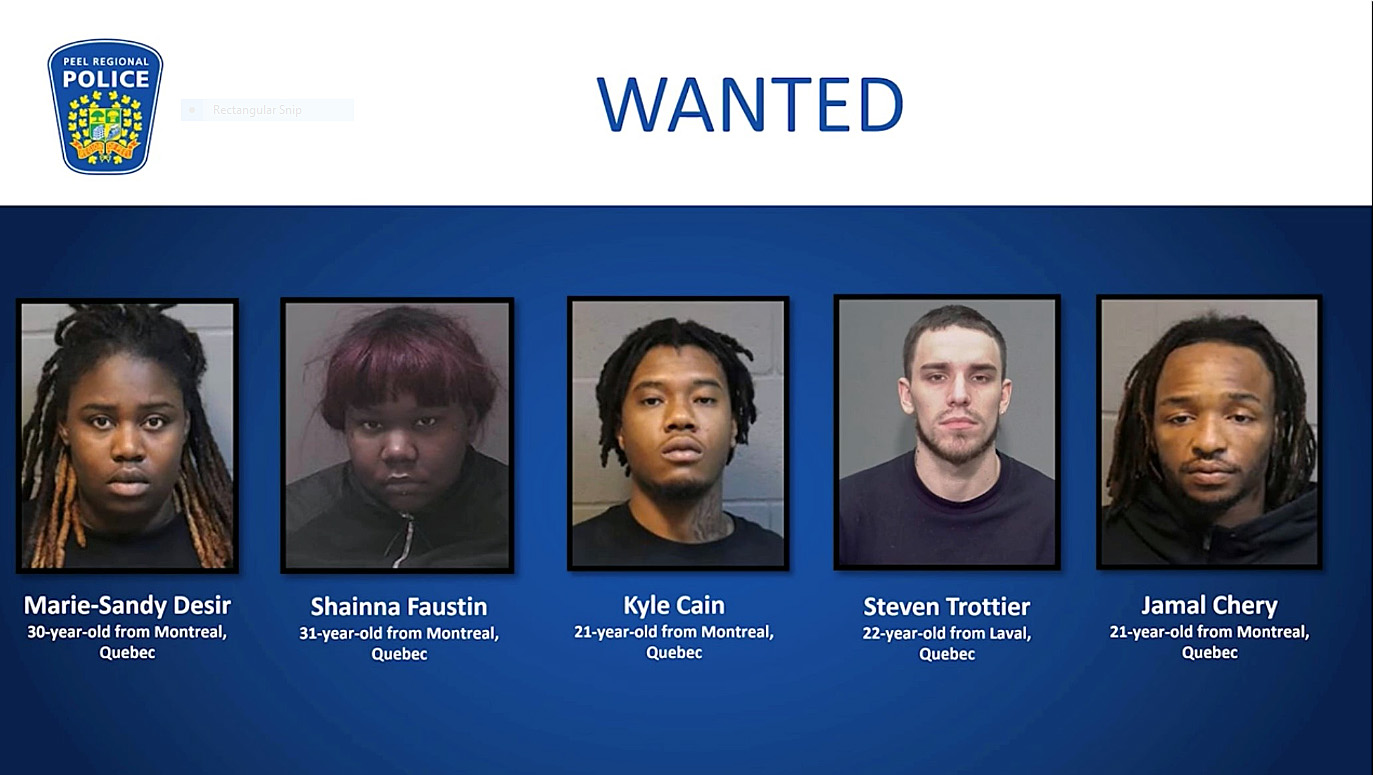Infra
‘Unfair and harmful’: Watchdog rips Toronto’s move to deny refugees shelter space | Globalnews.ca

Toronto’s move to deny refugee claimants certain shelter beds and redirect them to federal programs last year was a “failure of process” that had “profound real-life consequences”
Those remarks from the city’s ombudsman, Kwame Addo, come after he released a blistering rebuke of the city’s policy, a move he characterizes as “unfair and harmful.”
And despite offering recommendations in his report, released Thursday, the city manager has apparently refused to accept recommendations, it said.
“The city’s refusal to act on these findings is troubling,” Addo said in a news release.
“Accountability is a cornerstone of good governance, and addressing these issues is critical to restoring public confidence and ensuring all residents are treated with dignity. True accountability requires meaningful action.”

In the report, Addo lays out the findings from an investigation into the city’s decision to deny refugee claimants certain shelter beds during the summer of 2023.
For weeks, people fleeing persecution found themselves on the front steps of Toronto’s shelter intake building on Richmond Street in blistering heat, and sometimes torrential downpours.
The city’s decision, announced under the stewardship of Deputy Mayor Jennifer McKelvie before the mayoral byelection, was done due to a funding dispute between the city and federal government.
Cash-strapped Toronto argued its shelters were already at capacity, and that Ottawa was ignoring its responsibility to pay for sheltering asylum seekers.
While the city argued it didn’t have the money to pay for sheltering thousands of refugees, many saw the decision to restrict access to predominantly Black asylum seekers as racist and cruel.

Faith-based organizations run by Black-lead churches eventually stepped in to house people, long-before funding arrangements were made between the governments.
Addo said he identified several problems with the city’s decision-making process during the affair.

Get breaking National news
For news impacting Canada and around the world, sign up for breaking news alerts delivered directly to you when they happen.
When refugee claimants were referred to federal services, city staff knew the services they were directing them to were non-existent, Addo said. At the same time, he said, there were shelter beds available.
The report also said the directive lacked clear documentation, and didn’t leave a clear record of who approved it. He added that the unfairness was prolonged for two months when staff delayed implementing the council’s reversal of the decision.
The most blistering rebuke in the report said that the decision, while unintended, systemically discriminated on the basis of citizenship and race, contrary to several charters and policies, while constituting anti-Black racism.
Addo acknowledged the pressure the city’s shelter system was facing at the time, but said those issues should not have compromised the human dignity and rights.
“Fairness must always remain at the forefront, even in the most challenging times,” he said.

Addo’s report made 14 recommendations, which he said will improve fairness and transparency for future housing decisions.
But when presenting the findings to city officials, City Manager Paul Johnson stated he does not accept the report’s findings, and will not direct the city to implement its recommendations, Addo wrote.
A letter from Johnson to Addo was included in the report.
In it, Johnson said that he was “disheartened that the tone of the report is accusatory in many places and reflects a lack of understanding of the context the city was in at the time.”
Johnson also said he felt there was a lacking understanding in the report of the city’s divisional roles and responsibilities in its shelter response.
Addo said Johnson’s refusal to accept the findings appears to imply the city has a differing view on the implications and applicability of the Housing Charter.
“The city takes the position that the ‘right to adequate housing’ set out in the Housing Charter is an ‘aspirational statement that the City works towards.’ I disagree,” Addo said.
Johnson told reporters at city hall the idea that he rejected the report is “untrue.” In fact, he said he respects the ombudsman and his office.
“We’ve had a long history of working with asylum seekers and refugees. We have not had the practices, the policies and the approaches that we’re talking about today in place for those years,” Johnson said.
“And we’re not putting them in place as we move forward now with a renewed partnership with the federal government that includes many things that I think are in the better interest of our shelter system and its continued operation, but also of the very people who need support and shelter on a daily basis.”
The Ombudsman points out the charter was approved by city council, and is part of its HousingTO Action Plan.
Mayor Olivia Chow said Thursday council will have a “thoughtful discussion” about the report when it meets next week.
“Transparency is vital in Toronto’s shelter system. This also needs to be a wake-up call for all orders of government,” she said in a statement.
“Funding for refugees needs to reflect the number of refugees seeking asylum in Toronto – currently funding is capped annually. Refugees have different needs than Toronto’s homeless population, our services need to reflect this reality and key to this is stable, predictable funding.”
© 2024 Global News, a division of Corus Entertainment Inc.












